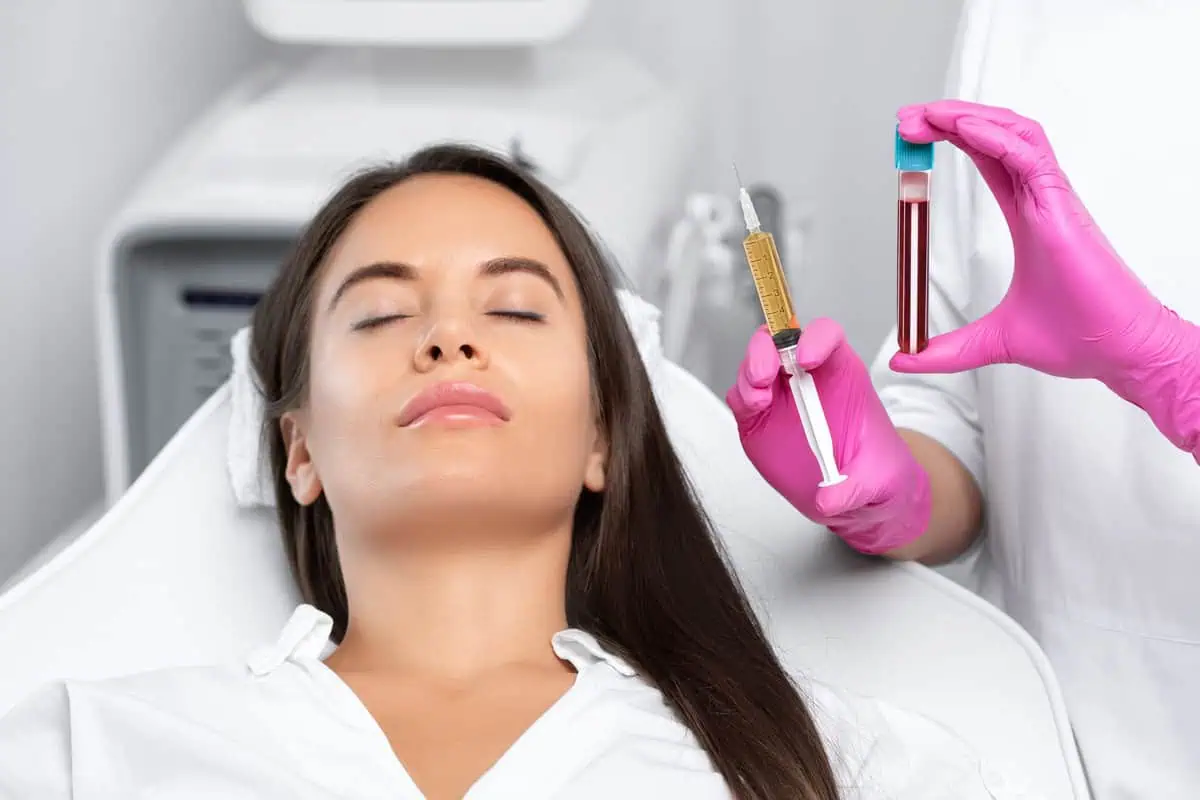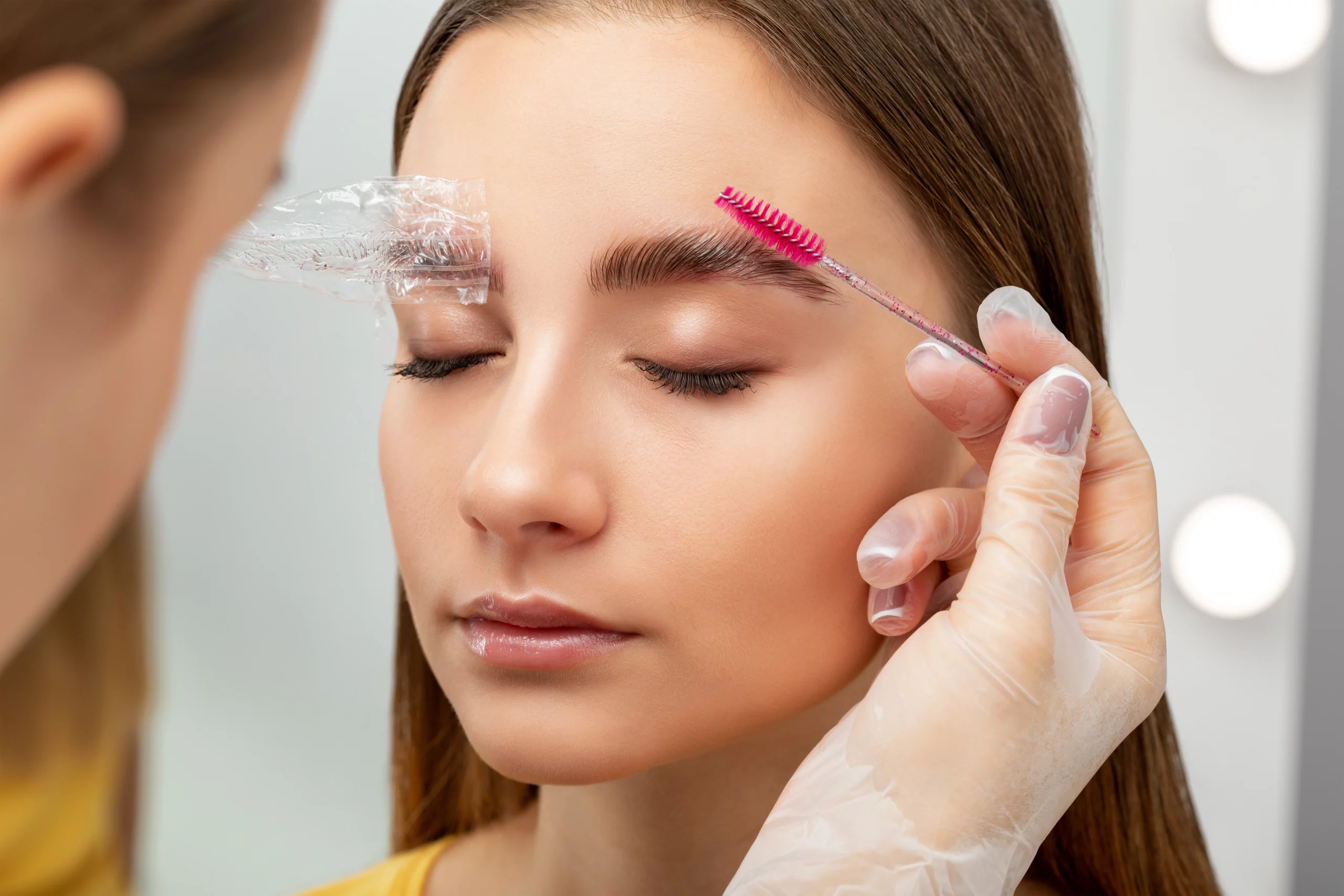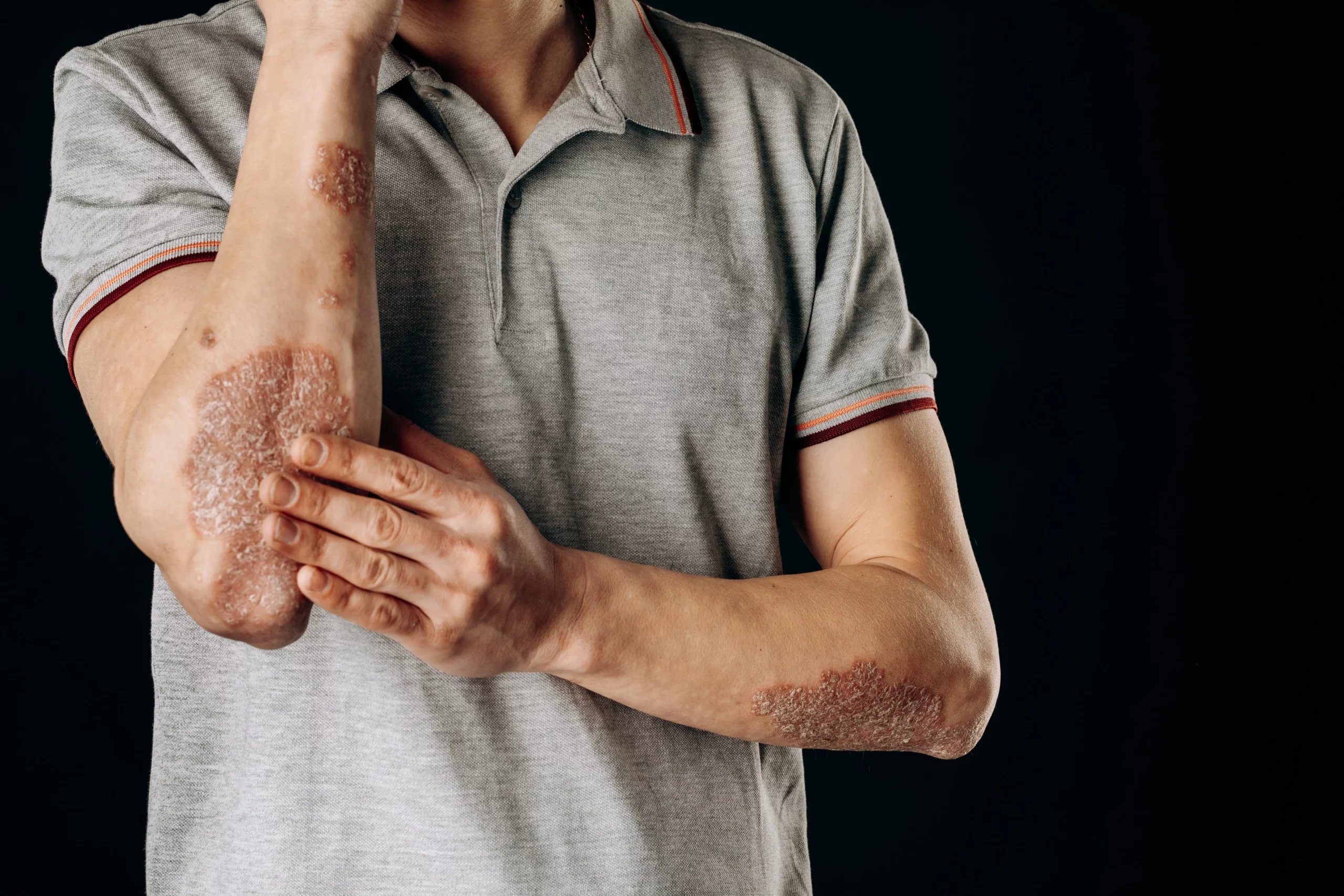Millions of people worldwide suffer from eczema, a chronic skin condition marked by red, itchy, and inflammatory patches on the skin. Understanding eczema’s causes, such as genetic factors and environmental triggers, along with its symptoms, like dry, scaly skin, is essential for effective management. Finding the best eczema treatment requires a tailored approach to alleviate symptoms and prevent flare-ups.
Eczema Causes
Eczema is a challenging condition with several underlying causes. Although the exact cause of eczema is still unknown, genetic and environmental factors are thought to be involved. Some of the primary causes include:
Genetic Factors: The tendency of eczema to run in families points to a hereditary predisposition. Those who have a family history of hay fever, asthma, or eczema are more likely to develop these disorders.
Immune System Dysfunction: Eczema is often linked to an overactive immune system. When exposed to certain triggers, the immune system responds aggressively, leading to inflammation and the characteristic eczema rash.
Environmental Triggers: Common environmental triggers or aggravating causes for eczema symptoms include dust mites, pollen, pet dander, and certain foods. Weather can sometimes be an aggravating factor, particularly periods of excessive heat or cold.
Skin Barrier Dysfunction: Skin barriers are usually compromised in eczema sufferers, making it simpler for irritants to enter the skin and for moisture to escape. This dysfunction leads to dry, sensitive skin, making it more susceptible to inflammation.
Stress: Emotional stress can exacerbate eczema symptoms. While stress alone does not cause eczema, it can trigger flare-ups or worsen existing symptoms.
Eczema Symptoms
The intensity of eczema symptoms can vary greatly from person to person and can be moderate to severe. Typical eczema symptoms include:
Itching: The initial sign of eczema is frequently excruciating itching. A recurring pattern of itching and scratching can result from an extreme itch that prompts one to scratch, further irritating the skin.
Redness and Inflammation: Affected skin areas may show variable degrees of edema along with redness and inflammation.
Dry, Scaly Skin: Eczema commonly causes dry, rough, and scaly patches on the skin. In some cases, the skin may become thickened or leathery due to chronic scratching.
Blisters and Oozing: In more severe cases, eczema can cause blisters that ooze and crust over. This is often seen in acute flare-ups.
Cracking and Bleeding: Repeated scratching and dryness can lead to skin cracking, which may result in bleeding and increased susceptibility to infection.
Darkened or Lightened Skin: Over time, eczema can cause changes in skin color, leading to areas that are darker or lighter than the surrounding skin.
Types of Eczema
There are several types of eczema, each with its unique characteristics and triggers. Understanding the various types of treatments could make it easier to determine which eczema therapy is suitable for a certain situation.
Atopic Dermatitis: This is the most common form of eczema, often beginning in childhood. It causes dry, scaly, and itchy skin, typically affecting the face, neck, elbows, knees, and ankles. Asthma and hay fever are two other allergy conditions that are frequently associated with atopic dermatitis.
Contact Dermatitis: When the skin reacts to an irritant or allergen, contact dermatitis develops. It results in red, itchy, and inflamed skin, sometimes accompanied by blisters. Common triggers include soaps, detergents, and metals like nickel.
Dyshidrotic Eczema: This type is characterized by small, itchy blisters on the hands and feet. The blisters can be intensely itchy and are often triggered by stress or allergies. It is more common in adults and can cause significant discomfort.
Nummular Eczema: Nummular eczema presents as coin-shaped patches of irritated skin. These patches can be very itchy and may ooze or crust over. It is often triggered by dry skin or skin injuries.
Seborrheic Dermatitis: This type affects oily areas of the body, such as the scalp and face. It causes red, greasy skin covered with white or yellowish scales, often leading to dandruff. Triggers include weather changes and stress.
Stasis Dermatitis: Stasis dermatitis occurs in the lower legs, especially in people with poor circulation. It causes swelling, redness, and scaling, and can lead to ulcers if untreated. It is often associated with varicose veins or blood clots.
Neurodermatitis: Neurodermatitis starts with an itchy patch of skin that becomes itchier with scratching. This leads to thick, leathery skin, usually on the arms, legs, or scalp. Stress and dry skin are common triggers.
Hand Eczema: Hand eczema affects the hands, often due to frequent washing or exposure to chemicals. It causes red, dry, and cracked skin, sometimes with blisters. It is common in professions like healthcare and cleaning, where hand exposure to irritants is frequent.
Eczema Treatment: Finding Relief
While eczema cannot be cured, effective treatment options are available to control symptoms and prevent flare-ups. The best eczema treatment often involves a combination of therapies tailored to an individual’s specific needs.
Moisturizers: Regular use of moisturizers is essential for managing eczema. Thick, emollient-rich creams and ointments help lock in moisture and protect the skin barrier. Applying moisturizers immediately after bathing is particularly effective.
Topical Steroids: Topical corticosteroids are commonly prescribed to reduce inflammation and itching during eczema flare-ups. They come in different strengths, and it’s important to use them as directed by a healthcare provider.
Topical Calcineurin Inhibitors: These non-steroidal creams and ointments help reduce inflammation and are often used for sensitive areas like the face and eyelids. They are a good alternative for individuals who cannot use steroids.
Antihistamines: Oral antihistamines can help control itching, especially at night when itching tends to worsen. Sedating antihistamines can also promote better sleep.
Phototherapy: When alternative therapies fail to relieve severe eczema, ultraviolet (UV) light therapy is employed. It can help to lessen inflammation and improve the look of the skin.
Systemic Medications: Systemic drugs, such as oral corticosteroids, cyclosporine, or biologics, may be used to reduce symptoms in cases of severe eczema that do not respond to topical therapies.
Lifestyle Modifications: Identifying and avoiding triggers is a crucial part of eczema management. Keeping the skin hydrated, managing stress, and wearing soft, breathable fabrics can help prevent flare-ups.
Best Eczema Treatment: Personalized Care
The best eczema treatment is one that is tailored to the individual’s specific symptoms, triggers, and skin type. Managing eczema typically requires a multifaceted approach, combining medical interventions, lifestyle adjustments, and continuous care. For those affected by eczema, working with a dermatologist is crucial to creating a tailored treatment strategy that offers lasting relief and enhances overall well-being.
Conclusion
Eczema, a common and frustrating skin condition, can be effectively managed properly by understanding its causes, symptoms, and types. The Derm Spa is dedicated to patient-centered care, offering customized, evidence-based eczema treatment plans that address uncomfortable symptoms, clear infections and scaly lesions. It may include a combination of in-office treatments, topical medications, skincare products, and lifestyle changes to maintain healthy skin and a youthful appearance over a lifetime. Experience relief and renewed confidence with our personalized eczema treatment, designed to soothe symptoms, restore healthy skin, and help you reclaim your comfort and peace of mind.






